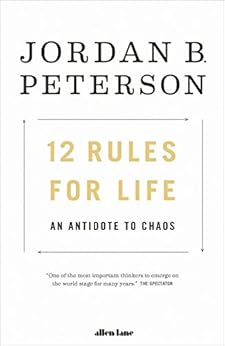 |
| Amazon link |
I'm just about glad I read this but the experience was like munching slices of supermarket white bread. The story of Loop Quantum Gravity is told chronologically through the biographies of Lee Smolin and Carlo Rovelli. It's the journey of those who started with General Relativity and tried to quantise spacetime. The nodes and links of LQG are not spacetime quanta, they're precursor objects out of which spacetime, along with its metric field, should emerge in the low-energy limit.
This is the fabrication of reality at the Planck scale, way down from observational data. The models are not without interest (especially the cosmological models) and the approach seems to have its compelling moments .. but .. but .. all the nasty things said about the theological or purely mathematical nature of String Theory also apply here, do they not?
If you're short of cash you could skip the book and read the Wikipedia article, though you are unlikely to understand it without a total familiarity with GR and QFT (not me!). The author had somehow to handwave his way over this cathedral of densely-connected abstractions: the "Quantum Space" reading experience is consequently pretty anaemic.
I'm guessing that Baggott wrote this book because, with the continuing decline in the prospects for String Theory, he's become convinced that there's something to Loop Quantum Gravity and wants to raise its profile for a generation of new physicists wondering what on earth they should be devoting their lives to.
---
 |
| Amazon link |
A few posts ago I said:
"I'm expecting this book to be a bunch of left-Keynesians arguing that an incoming Labour government should put more demand into the economy through deficit spending and increased transfer payments in order to stimulate investment and productivity."I think I oversold it. This is a bunch of mediocre essays with no new ideas and many mistakes which reminded me of the kind of stuff sixth formers write. It insults the intelligence and bores the unfortunate reader. Give it a miss and read Steve Keen instead.
---
 |
| Amazon link |
Adrian pushed his copy in front of me. As I worked my way through I grew more impressed. It's an easy, folksy read but far from superficial. It puzzled me for a while - how should we think about this book? - and in the end I place it mostly in the Jungian tradition of optimal personal development.
Peterson has read deeply across the disciplines and has melded evolutionary theory, neuroscience and depth psychology into something coherent and new. That is a real achievement.
His blind spot is sociology - he doesn't see how the SJW orthodoxy he confronts is in reality the ideology of the new petty bourgeoisie, conjured into being with the neoliberal transition of the 1970s. He should read Poulantzas.
Still, this omission does not invalidate anything he says since even being conscious of the social dynamics does not suggest any different conclusions.The problem is here regardless.
---
"Freud was a genius," Peterson remarks, “you can tell because people still hate him.”
---
* Left Social-Democracy.
No comments:
Post a Comment
Comments are moderated. Keep it polite and no gratuitous links to your business website - we're not a billboard here.